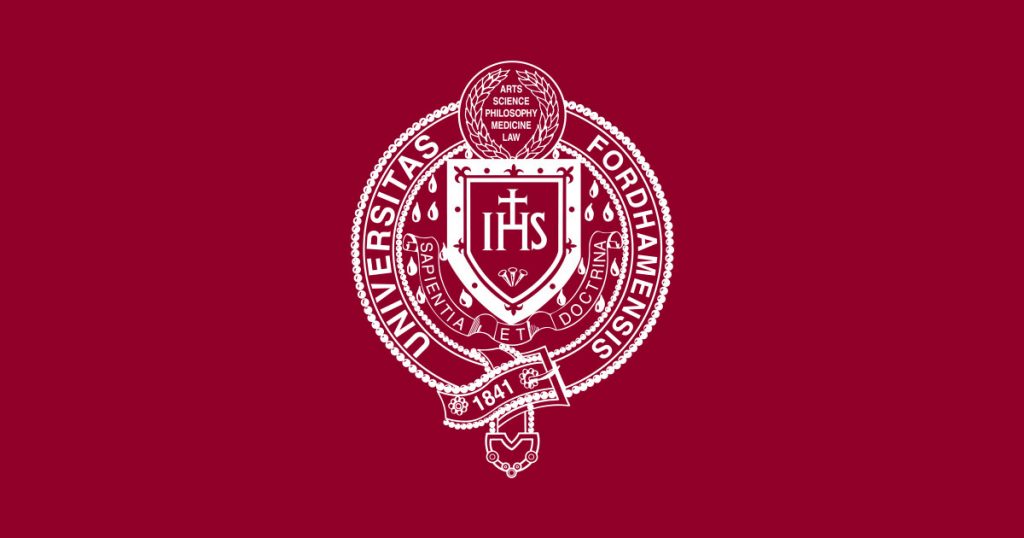Dear Fordham,
Tonight, the Jewish members of our community and their families and friends will gather around their dinner tables for a festive meal to celebrate Rosh Hashanah, the Jewish New Year. Many will dip apple slices into honey or eat yehi ratsones (symbolic appetizers), laugh, reminisce, and look ahead. Rosh Hashanah invites introspection and celebrates the creation of the world. It also opens the Days of Awe, traditionally a period of intense soul-searching leading up to Yom Kippur, the Day of Atonement and the holiest day in the Jewish calendar, when we fast for 25 hours and reflect on our fragility and morality to hopefully become more open-hearted, loving, and connected.
To me, Rosh Hashanah means decorating my home with pomegranates, shared meals, and an expectant hush going through the synagogue as the cantor raises her voice for morning prayers. Every year, I feel myself sink anew into this wall of words and sounds—and always the shofar, the ram’s horn, this ancient instrument whose sharp voice seems to peer straight into my heart, reaching me where words cannot. The shofar stirs my soul and reminds me that the time has come to make amends and to reconnect with the divine, with those around me and myself. This poem by Shoshanah Tornberg captures what the shofar can mean.
Hearing the shofar is so central to Rosh Hashanah that in 2020, when we could not be together, local synagogues organized a communal shofar blowing ritual on Broadway that reached all the way from 64th Street to Columbia University on 116th Street. At almost every corner, young and old gathered around a shofar blower, often with tears in their eyes and giddy with excitement, to hear the shofar and to feel the holiday.
This year, almost a year after October 7, this may feel particularly difficult. There are still hostages remaining in a now destroyed Gaza, the suffering of innocent Israelis and Palestinians is ongoing without an end in sight, and elections are looming here in the United States. A lot of hurt and anger may have accumulated. And yet my hope for all of us is that we can, if only over the bread we break, or the moments of the shofar, connect to whatever is that matters in our lives so we may be agents of healing and peace in our communities.
Shanah tovah umetukah, anyada buena, dulse i alegre—may we have a good, sweet, and happy New Year.
Rabbi Katja Vehlow, Ph.D.
Director of Jewish Life, Campus Ministry

